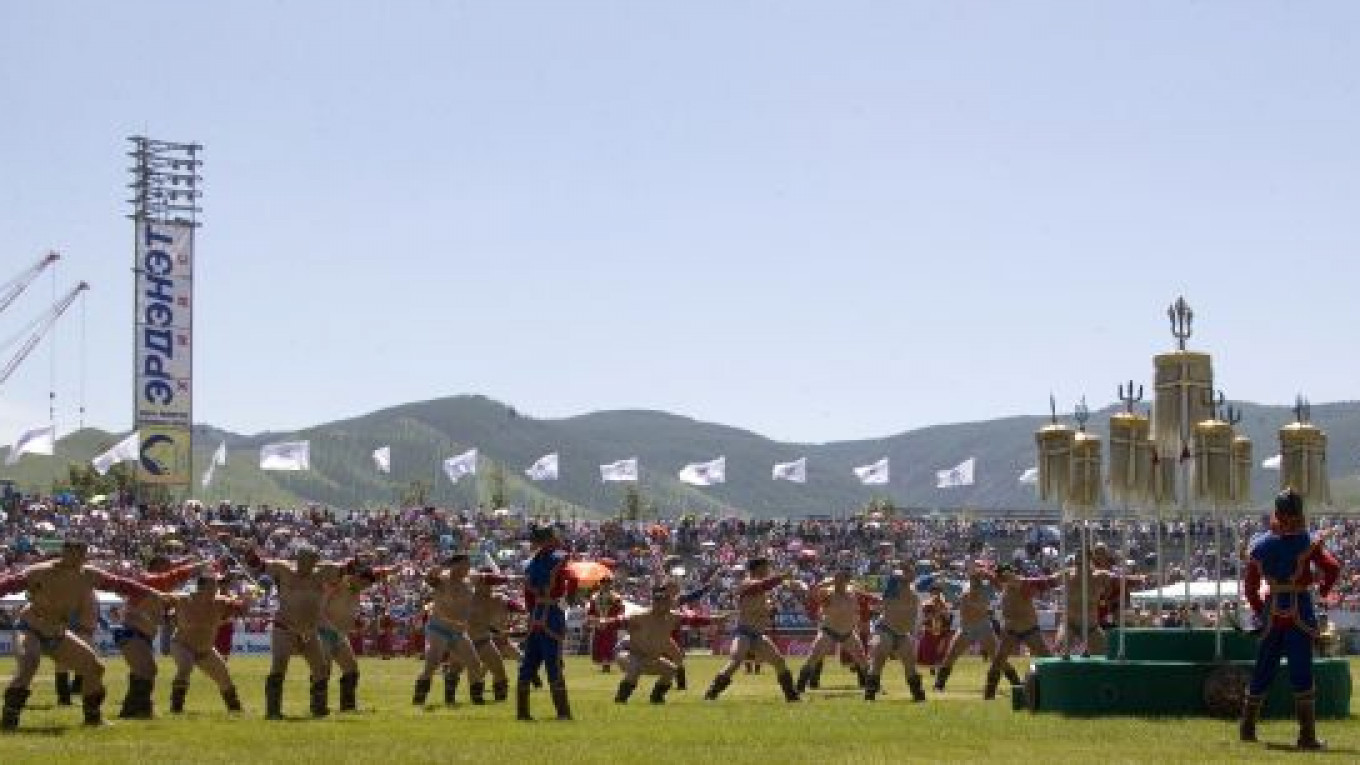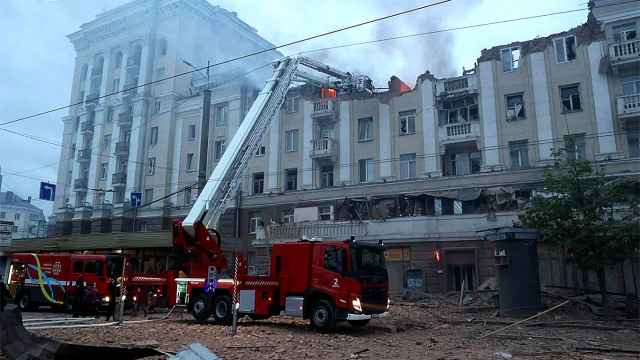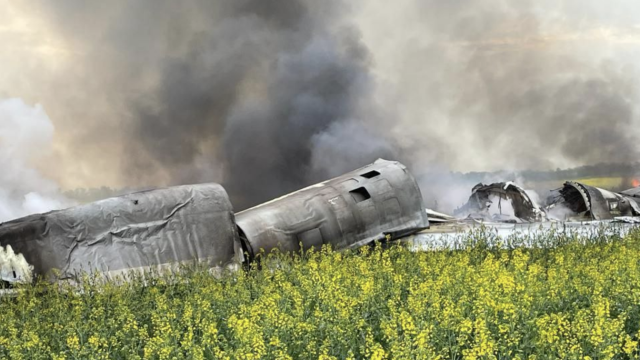ULAN BATOR, Mongolia — Mining coal from landlocked Mongolia’s largest and least-populated province located in the Gobi Desert and then shipping it abroad was never going to be easy.
Banks and mining firms have been drooling over the 7.5 billion-ton Tavan Tolgoi project, believed to be the world’s largest coking coal deposit and named after the “five hills” that rise from the empty plains of the south Gobi about 300 kilometers from China’s border.
But last month’s botched bidding process to develop the western block of the property has left potential investors scratching their heads and put a much-heralded initial public offering of as much as $15 billion for the mine’s eastern block next year in doubt. At stake is the promise of prosperity for Mongolia’s 2.8 million citizens, many of whom live on the edge of subsistence.
The mine’s transformational potential also has implications as a whole for the region, which produces more than half of the world’s steel and aims to wean dependence on primary coking coal supplier Australia.
But Mongolians are worried that powerful neighbors China and Russia will take their resources on the cheap unless key donors Japan and South Korea join the bidding — a point crucial for parliamentary approval later this year.
“It’s a big question mark on whether they can come up with a deal that can please everybody and have it approved in parliament when the autumn session opens in September,” said Akmal Aminov, an analyst at Eurasia Capital.
Mining giants and trading houses from across the globe were involved in what had been promised to be a fair and transparent bidding war. But they are now unsure whether a hotly disputed decision to award the mine to China’s Shenhua, U.S.-based Peabody and a mysterious Russian-Mongolian consortium is final.
Not the First Hiccup
At least 150 representatives from 20 global investment banks landed in the Mongolian capital in mid-January to pitch for a deal that could raise as much as $15 billion for the Tavan Tolgoi coal mine. Taking a night off from the task of drawing up bids, some of the bankers braved subfreezing temperatures and bracing winds to gather in Ulan Bator’s exotically named Grand Khaan Irish Pub. Tensions over the bid were enough to start a brawl.
The matter seemed to be settled in February, after a similarly confusing sequence of events in which the government announced a list of winners and then backtracked, leaving the door open for others to join at a later stage.
It eventually settled on BNP Paribas, Deutsche Bank, Goldman Sachs and Macquarie to lead the IPO, but recent events may have turned the lucrative listing into a poisoned chalice.
The proposed share issue, possibly in Hong Kong, will cover the eastern block, but its fate is intimately linked with the western section, the subject of July’s abortive investment agreement. “You need clarity on both before you can have anything marketable to the public capital markets,” said an Ulan Bator-based source involved in the process.
The investment agreement was expected to reach parliament for approval on July 7. But after South Korea complained that the process was “unclear and unfair,” Erdenes — the state-owned firm in charge of Tavan Tolgoi — said a final decision had not yet been reached. Shenhua submitted its bid jointly with Japanese trading firm Mitsui & Co., while the Russian-led consortium originally included Itochu Corp., Sumitomo Corp., Marubeni Corp. and Sojitz Corp.
However, none of them was listed in the investment agreement, but Itochu and Mitsui, along with the Korean Resources Group, will be allowed to buy 30 percent of the coal purchased by China’s Chalco in a deal signed last week. Terms to be reworked include management duties, equity splits, mining royalties, participation from Japan and South Korea and production capacity, a government source said, adding that “just about everything is back on the drawing board.”
'A Typical Mongolian Strategy'
South Korea and Japan have been major donors to Mongolia since it became a democracy in 1991. But Mongolia’s unique geopolitical problems dominate everything from the divvying up of its resources to the direction of its railways, and while it is eager to please its allies, the success of Tavan Tolgoi will ultimately depend on Russia and China.
“Mongolia is landlocked, and we are 98 percent dependent on Russia for fuel and 90 percent dependent on China for trade — there is no choice,” said Baasanjav Enkhbaatar, chairman of the Mongolian Mining Club, a private sector industry group.
Mongolia, facing elections next June, not only has to balance the interests of Russia and China and its donors in Japan and South Korea, but must also appease public opinion.
“It is obvious what they did. You have China, you have Russia, and they included the United States. It is a typical Mongolian strategy,” said Oscar Mendoza, chief operating officer with Ulan Bator-based Frontier Securities. “Did they use the Japanese and the Koreans to convince the people that this was not going to be handed to Russia and to China, and then in the end, take out the Japanese and the Koreans anyway?”
Estimates show that mining-related foreign investment in coal to copper and gold could exceed $10 billion in the next five years alone, far higher than the country’s total gross domestic product of about $6 billion in 2010. But Mongolia has been under pressure to spread the wealth and fulfill the promises it made at the last elections in 2008.
The democratic government hopes to put $250 million from the Tavan Tolgoi project into its human development fund this year and has pledged to distribute 10 percent of Tavan Tolgoi’s shares to citizens, with some saying it might raise that figure to 20 percent before elections next year.
“The talk about shares to every Mongolian citizen is just to show that politicians are implementing their election promises,” said Dambadarjaa Jargalsaikhan, an economist well known in Ulan Bator for taking the government to task.
Until the uncertainties over the investment agreement are ironed out, the listing will remain under a cloud.
“It has been a fiasco, and it is giving all the investment bankers a headache,” said Mendoza of Frontier Securities. “Whoever did not win the initial bid for the Tavan Tolgoi IPO is very lucky.”






